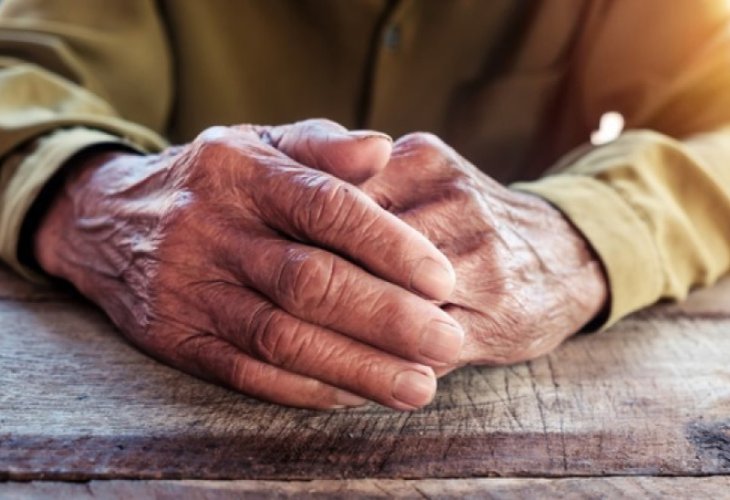Torah Personalities
Extraordinary Lifespans
From 930-year lives to the mysteries of ancient righteousness, the Torah's early generations reveal spiritual depth and dramatic change
 (Photo: Shutterstock)
(Photo: Shutterstock)Adam: The First Man and His Lasting Impact
Adam HaRishon (the first man), created by Hashem on the sixth day of creation, was placed in Gan Eden alongside his wife Chavah. After they ate from the Tree of Knowledge—against the command of Hashem—they were expelled and sentenced to mortality, a punishment that extended to all future generations.
Adam lived 930 years. According to tradition, he was originally allotted 1,000 years of life but gave 70 of them to King David. Bereishit Rabbah (58:8) and the Talmud (Bava Batra 58a) teach that Adam and Chavah were buried together in the Machpelah Cave in Chevron, the first of four couples laid to rest there, followed by Avraham and Sarah, Yitzchak and Rivkah, and Yaakov and Leah.
Generations of Greatness: From Shet to Metushelach
Shet (912 years)
Shet, the third son of Adam and Chavah, was born after Kayin killed his brother Hevel. All of humanity born after the Flood descends from Shet. He lived 912 years and was the father of Enosh and ancestor of Noach.
Enosh (905 years)
The son of Shet and father of Keinan, Enosh lived 905 years. Bereishit 4:26 states: "Then men began to call upon the name of Hashem," which many commentators understand as the beginning of idol worship. The Rambam (Mishneh Torah, Hilchot Avodah Zarah 1:1–2) explains that in Enosh’s time, people mistakenly began honoring celestial beings as a way to honor Hashem. According to Rashi, that generation suffered Divine punishment: the ocean rose and flooded a third of the earth, yet future generations failed to learn from it.
Bereishit Rabbah (23:9) teaches that four significant changes occurred in Enosh’s time: mountains became harder to till, corpses decayed more quickly, human intellect declined, and people became more vulnerable to illness and destructive forces.
Keinan (910 years)
Keinan, son of Enosh and great-grandson of Adam, lived 910 years. Rabbi Yitzchak Abarbanel describes him as the world’s first monarch and a man of great wisdom.
Yered (962 years)
Yered, son of Mehalalel and father of Chanoch, was the sixth generation from Adam. He lived 962 years, as recorded in Sefer Bereishit.
Metushelach (969 years)
Metushelach, son of Chanoch, holds the distinction of being the longest-living person in the Torah, reaching 969 years. According to Rashi (commentary to Bereishit 7:4), he died just seven days before the Flood. These seven days were a mourning period granted by Hashem as an opportunity for the generation to repent.
The Midrash teaches that Metushelach inherited the garments of Adam and passed them down to Noach. The Talmud (Sukkah 52b) includes him among the seven shepherds who will accompany the Mashiach in the future.
Noach: Righteous in His Generation
Noach, son of Lemech and grandson of Metushelach, is a central figure in Bereishit chapters 6–9. Described as a tzaddik (righteous man), Noach “found favor in the eyes of Hashem” and was chosen to build the ark and preserve life during the Flood. He lived 950 years and is the ancestor of all of humanity through his three sons.
According to Eliyahu the prophet, Noach was exceptional in his respect for his elders. While others honored only their immediate parents, Noach cared for his father, grandfather, and extended family. Because of this, he was chosen to sustain all living creatures during the year-long flood. As the sages taught: “Merit is brought through the worthy.”
Why Did They Live So Long?
Why did early generations live for centuries? Rav Saadia Gaon explains it was to allow for greater population growth and to see many generations of descendants. The Ramban adds that since Adam was created directly by Hashem, his descendants were physically stronger and healthier until the generation of the Flood, when humanity began to decline.
The Rambam, however, argues that these long lifespans were not universal. Only those whose ages are recorded in the Torah lived such extended lives; others lived more typical lifespans for their time.

